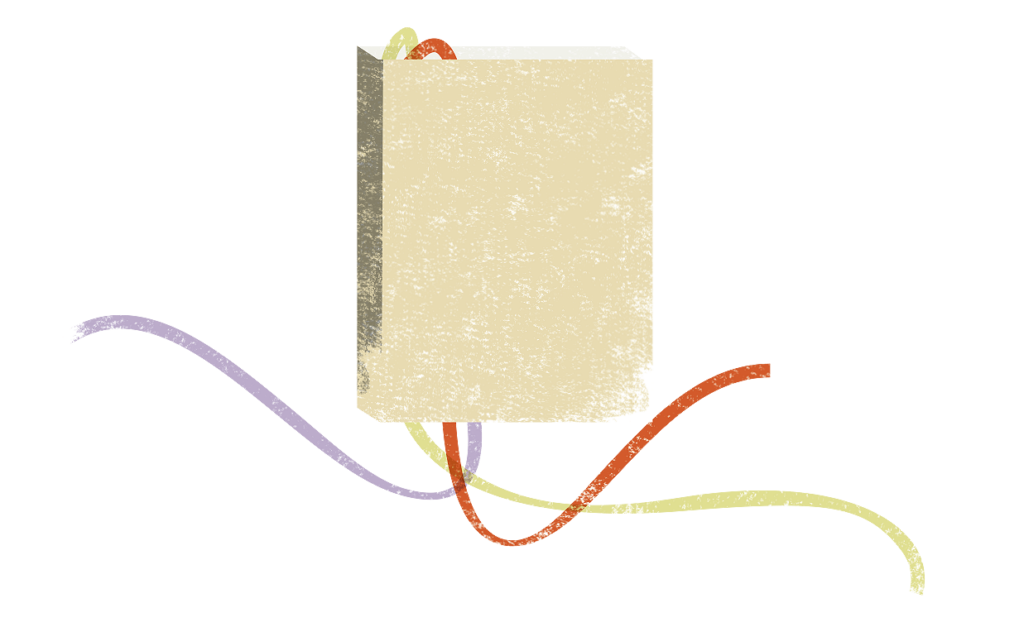Libraries supporting media and information literacy for young people: symposium recording and further resources
The NSLA symposium “Libraries supporting media and information literacy for young people” provided valuable insights into the unique role libraries can play in fostering media and information literacy for young people.
